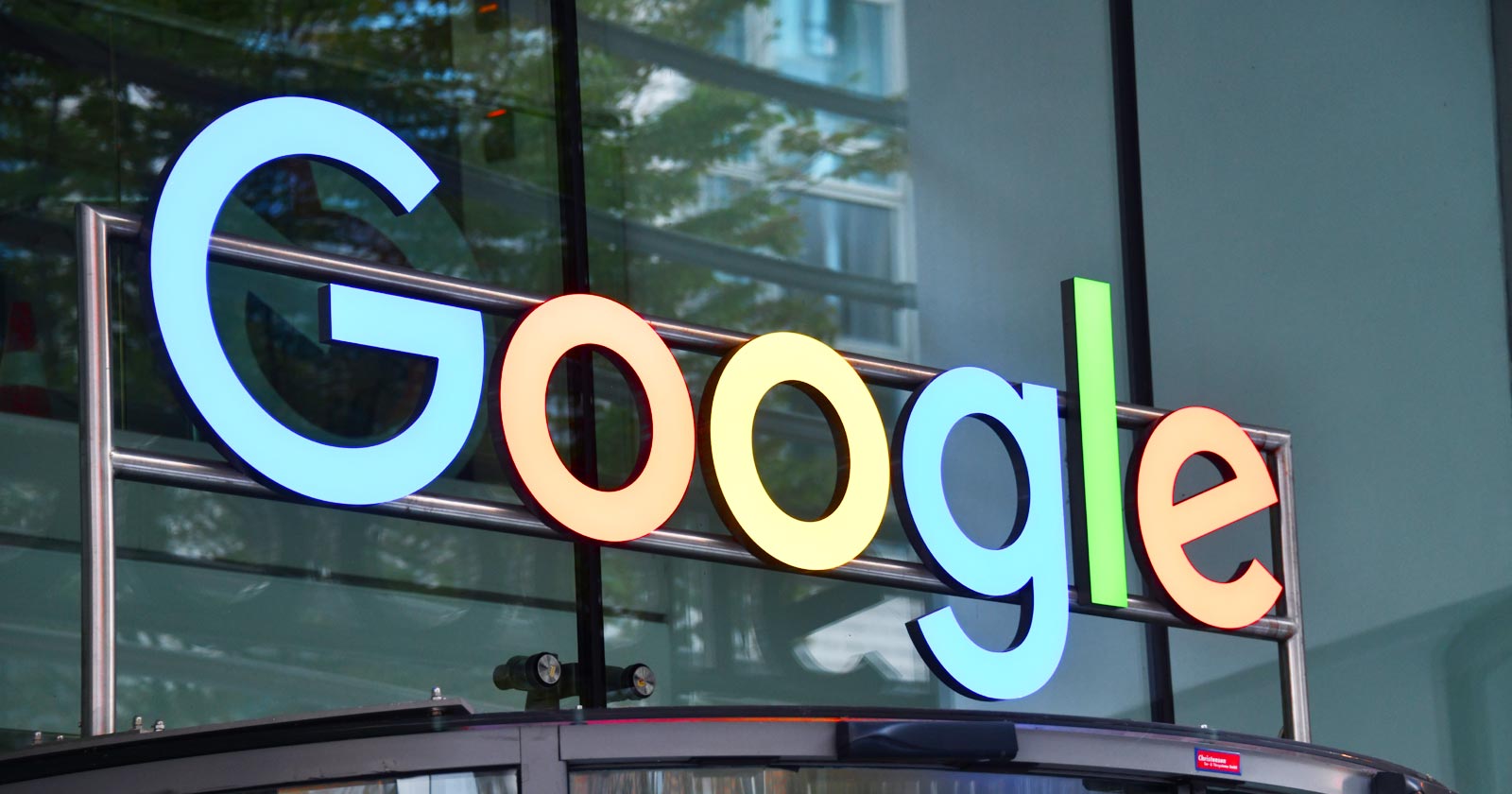Bud Light boycott is the talk of the town at the prestigious Cannes Lions ad festival
Marketers gathered together in southern France this week for the Cannes Lions advertising festival had one topic front of mind: Bud Light's divisive campaign.
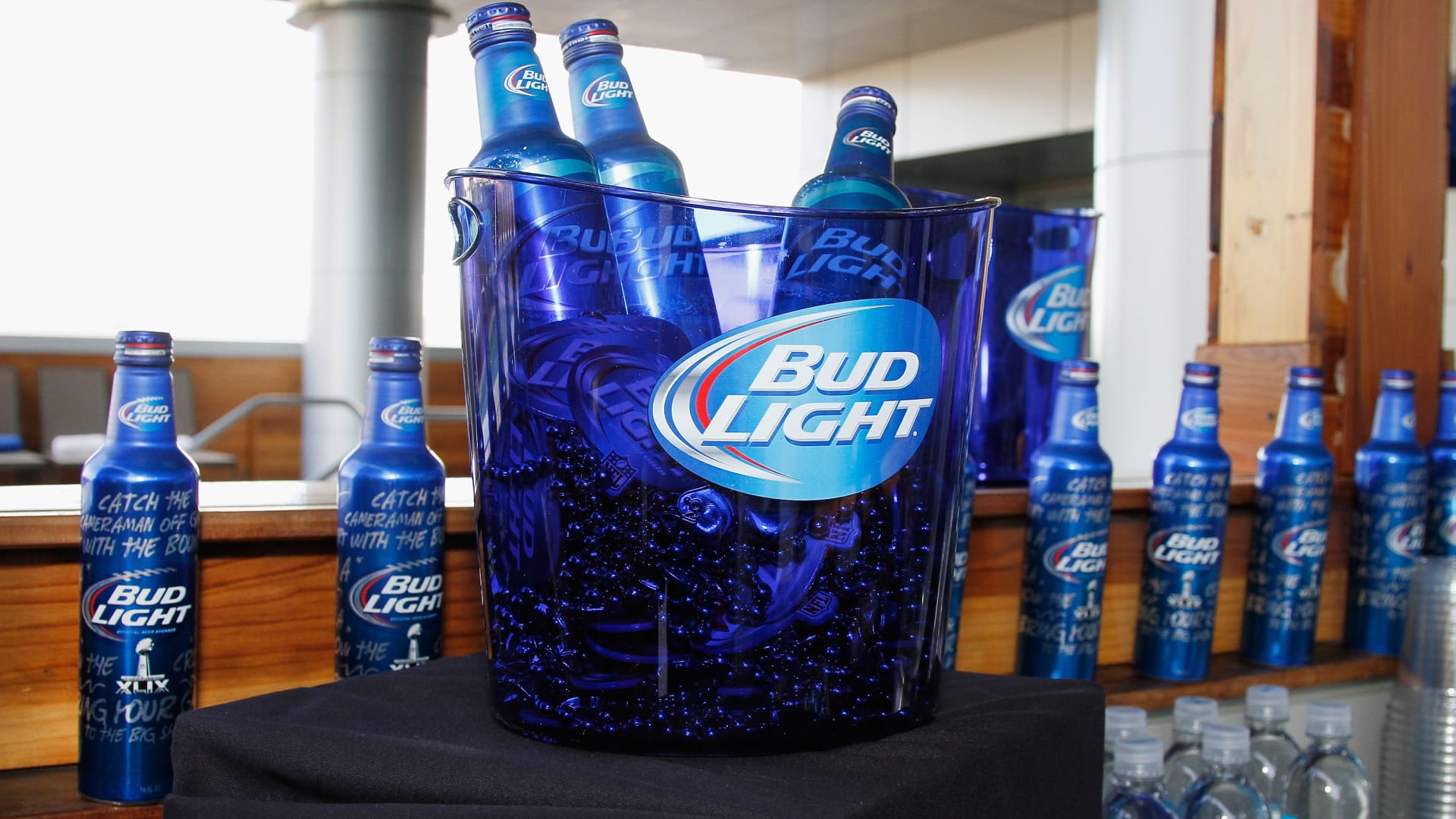
sparked controversy in April after transgender influencer Dylan Mulvaney showcased a personalized can of the beer on social media, drawing ire and boycott calls from conservative circles.
Mike Moore | Getty Images Entertainment | Getty Images
Bud Light's ill-fated Dylan Mulvaney collaboration dominated conversations among marketers gathered in southern France for the Cannes Lions advertising festival this week.
It comes months after an ad campaign stoked a backlash among conservative circles, with LGBTQ+ advocates critical of how the group handled the fallout.
The Anheuser-Busch InBev beer brand sparked controversy in early April after transgender influencer Mulvaney showcased a personalized can of the beer on social media, drawing ire and calls for boycotts from conservatives who opposed the partnership.
But it was the company's muted response to the backlash — which neither defended the promotion with Mulvaney nor appeased its opponents — that provided marketers a clear learning curve, industry leaders in Cannes agreed.
In a statement at the time, AB InBev's North America CEO Brendan Whitworth said the company "never intended to be part of a discussion that divides people." But according to Sarah Kate Ellis, president and CEO of LGBTQ+ rights organization GLAAD, Bud Light's lack of engagement did exactly that.
"What Bud Light did was they had a trigger response and they ended up alienating everyone," Ellis told CNBC's Tania Bryer Wednesday.
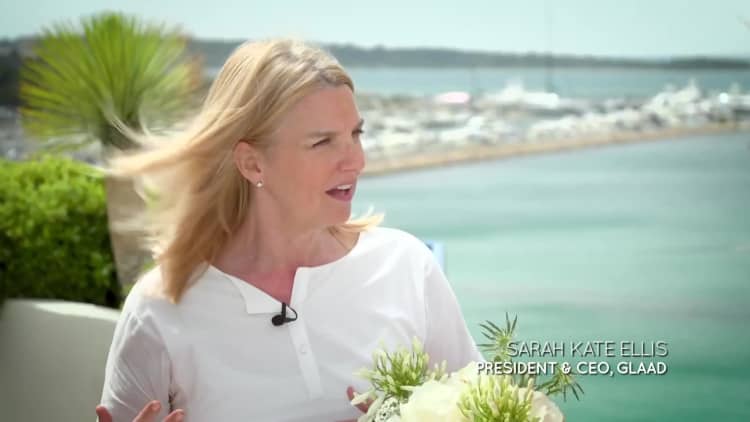
"They didn't give the extremists what they want, because the extremists wanted everything. You can never satisfy a bully," Ellis said.
"And then for the LGBTQ community and our allies, we're turned off by them," she continued. "You went and wanted to use us to market but then you didn't come in behind us."
"So I think that they ended up losing, and you could see it in their stock price," Ellis said.
Facing consumer backlash
AB InBev's U.S.-listed shares have fallen nearly 15% in the second quarter as consumers have fled from the brand in the wake of the controversy.
In May, Bud Light lost its top spot in the U.S. beer market, falling behind Constellation Brands' Modelo after sales slumped 24.6% year over year.
David Droga, CEO of Accenture Song, said the reaction highlighted consumers' heightened demand for both authenticity and accountability.
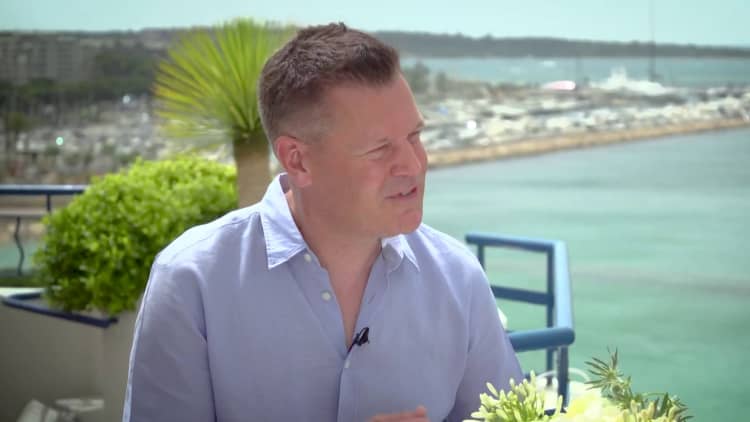
"The act itself it can be taken for what it is or maybe it was blown up. But how they reacted, I think there would be some debate about whether they did the right thing or wrong thing," Droga said.
"You have to know how and when to show up. If things feel tactical, as opposed to sincere, then sometimes that can backfire," he added.
Andrew Clarke, global president of Mars Wrigley, agreed. He noted that brands face an increasingly intricate balancing act when engaging with consumers over culturally sensitive issues.
"It's always a balancing act, I would say. Brands want to be part of the conversation, they want to be culturally relevant and really connect with consumers, so it's a difficult balance to get right," Clarke said.
A 'wake-up call'
AB InBev's chief global marketing officer, Marcel Marcondes, said Monday that the months-long Bud Light boycott had been a wake-up call for the company.
However, he insisted that the beer was doing a better job of engaging with customers and was now "coming back."
Deutsche Bank on Thursday upgraded the beer company's stock to buy from hold and nudged its price target higher by 1 euro ($1.1) to 60 euros per share, citing improving consumer sentiment.
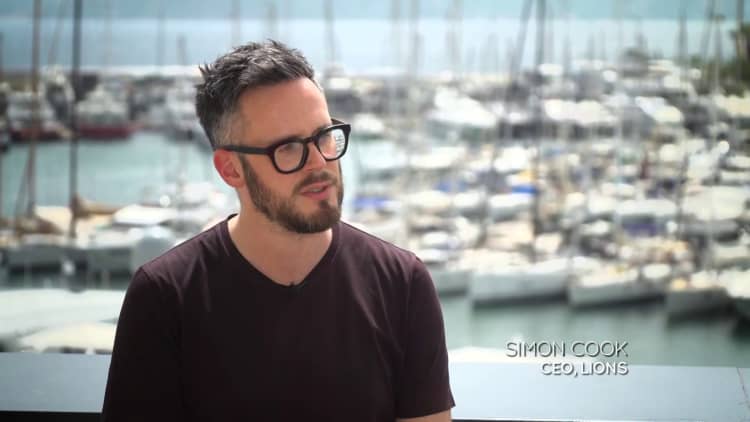
Cannes Lions CEO Simon Cook on Wednesday commended Marcondes humility.
"His message to everyone was this can happen to big brands, no matter how successful they are. It's really about what you do next with it that counts," Cook said.
Other brands including Target, Kohl's and VF Corp.'s North Face brand have also come under pressure over their decisions to engage in LGBTQ+ campaigns during Pride Month, with varying outcomes.
Cook also defended the organization's decision to award AB InBev one of its highest honors, Creative Marketer of the Year, noting other successes at the company. Budweiser's quick reaction to a last-minute alcohol ban at the World Cup in Qatar has also been shortlisted for a Titanium Lions award.
"That issue aside, AB InBev have introduced and embedded a culture of creativity within their organization," he said. "So we gave that award in recognition of this sustainable creativity they're able to produce year-on-year now."

 Tekef
Tekef 







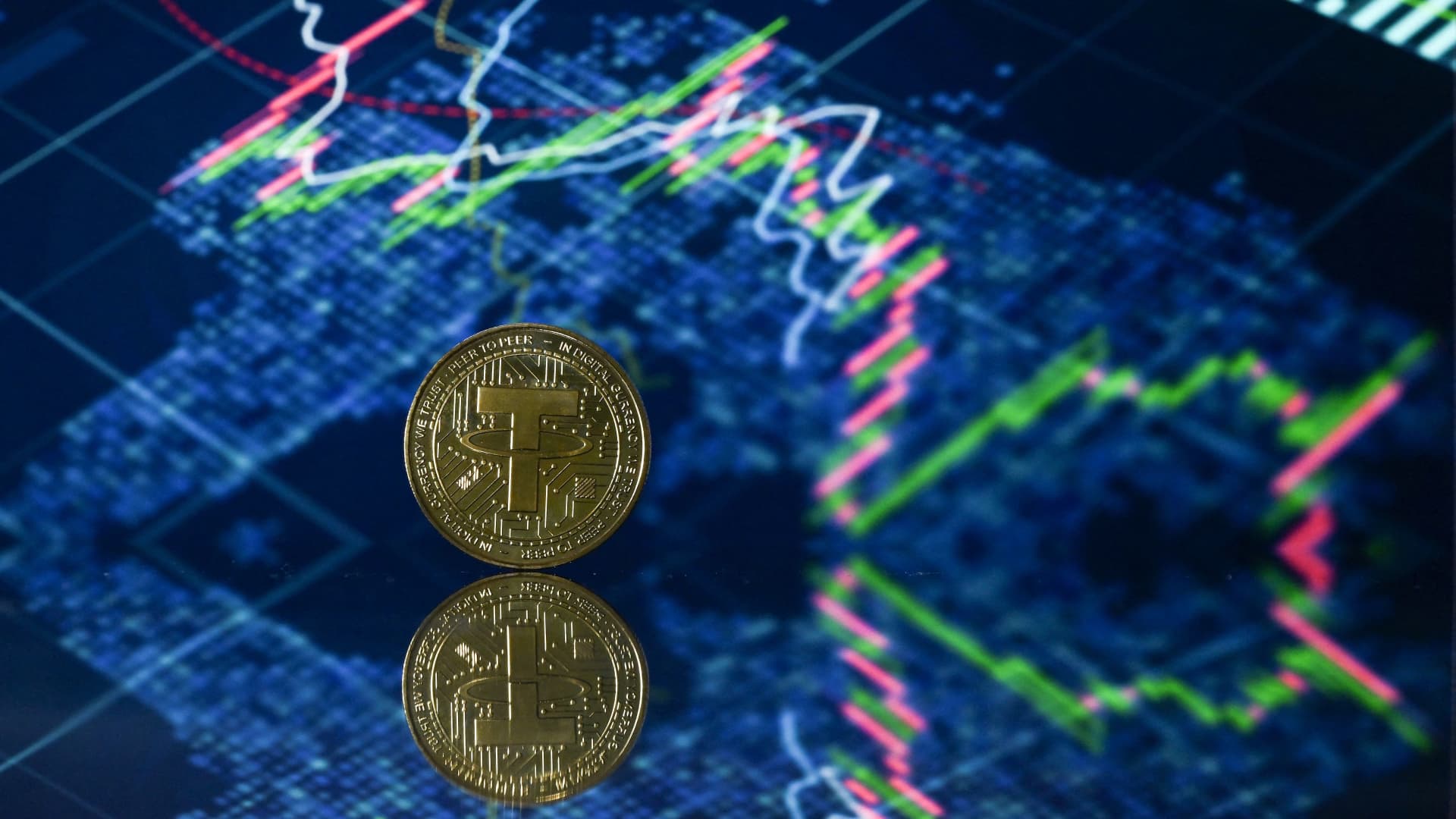
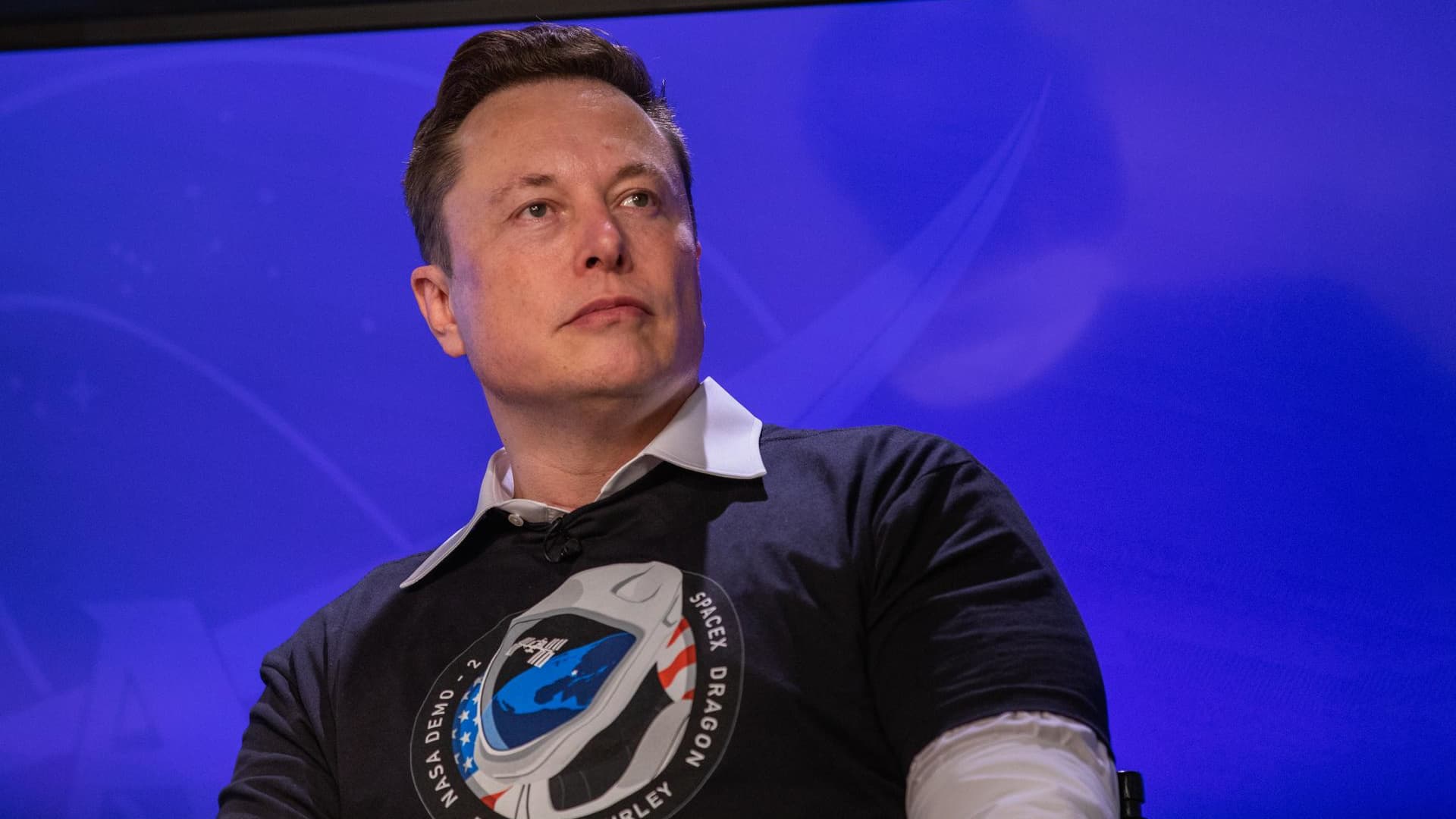
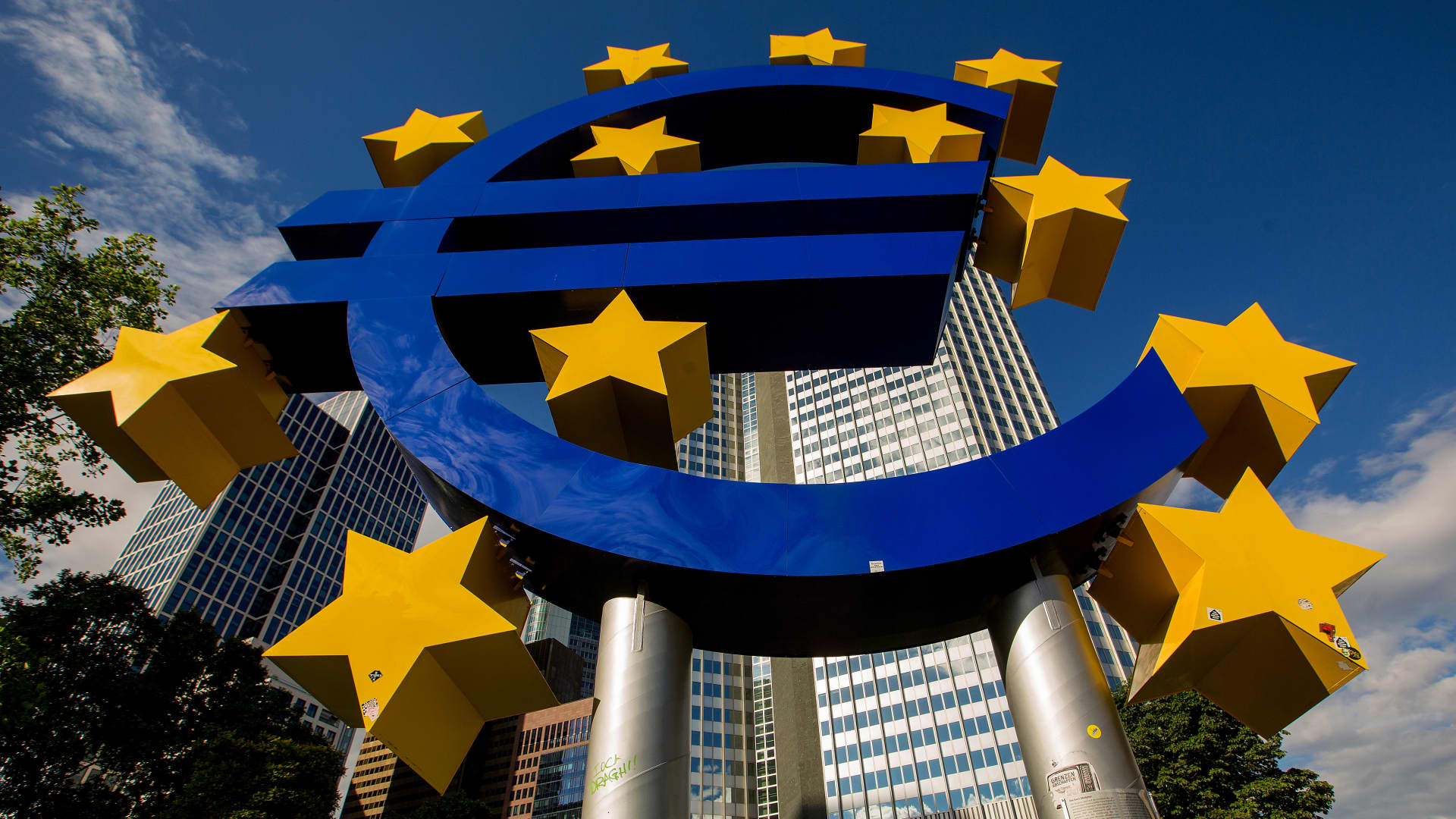

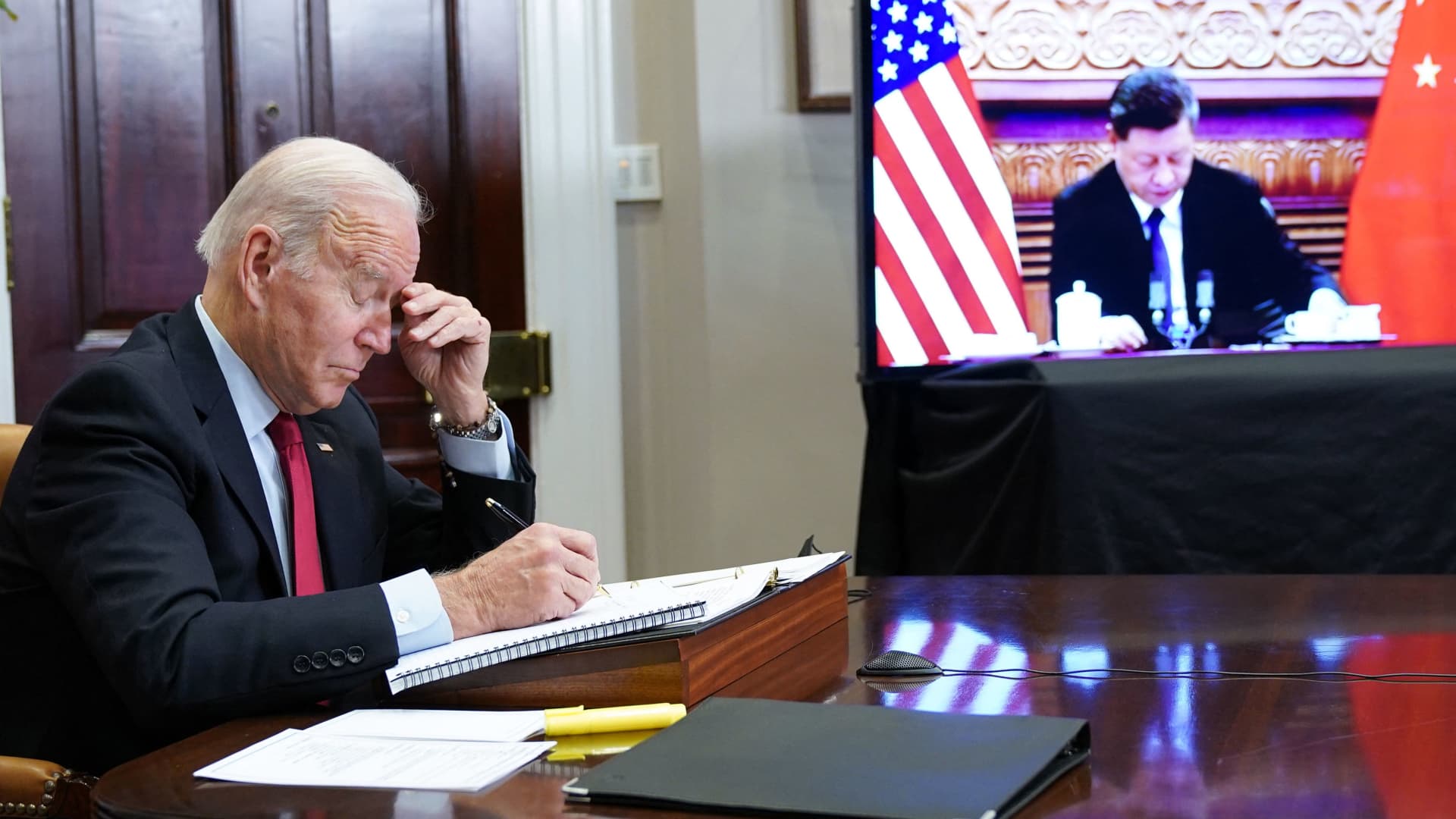
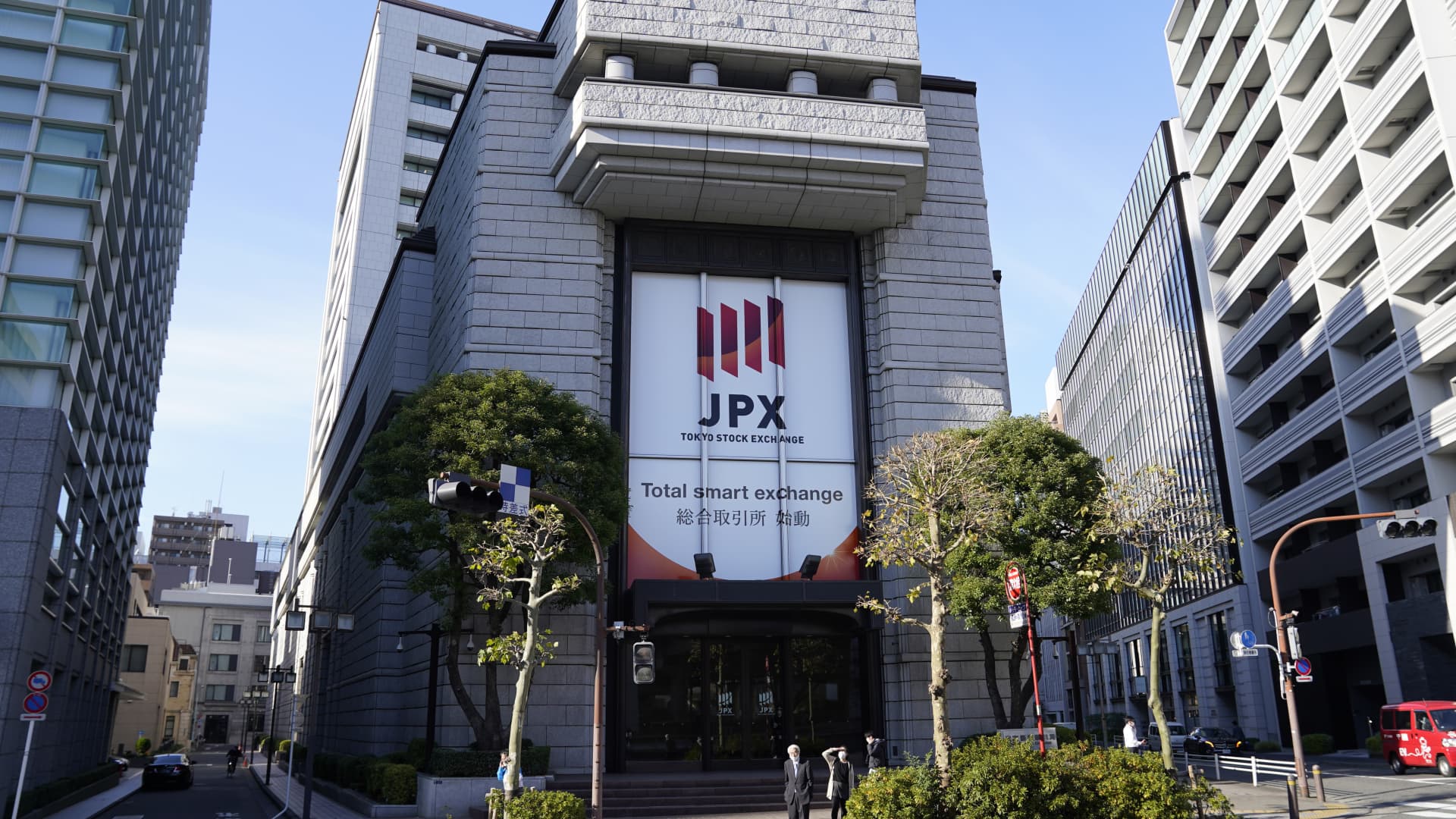







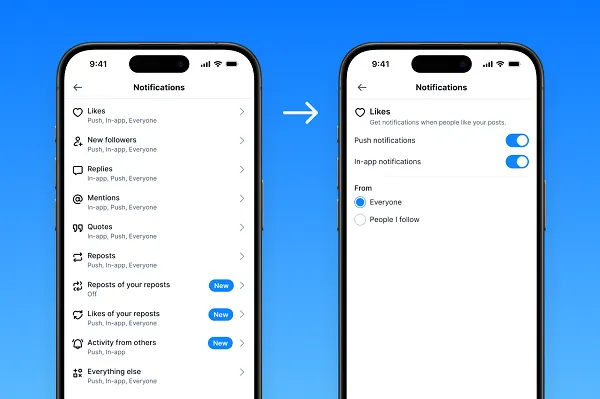
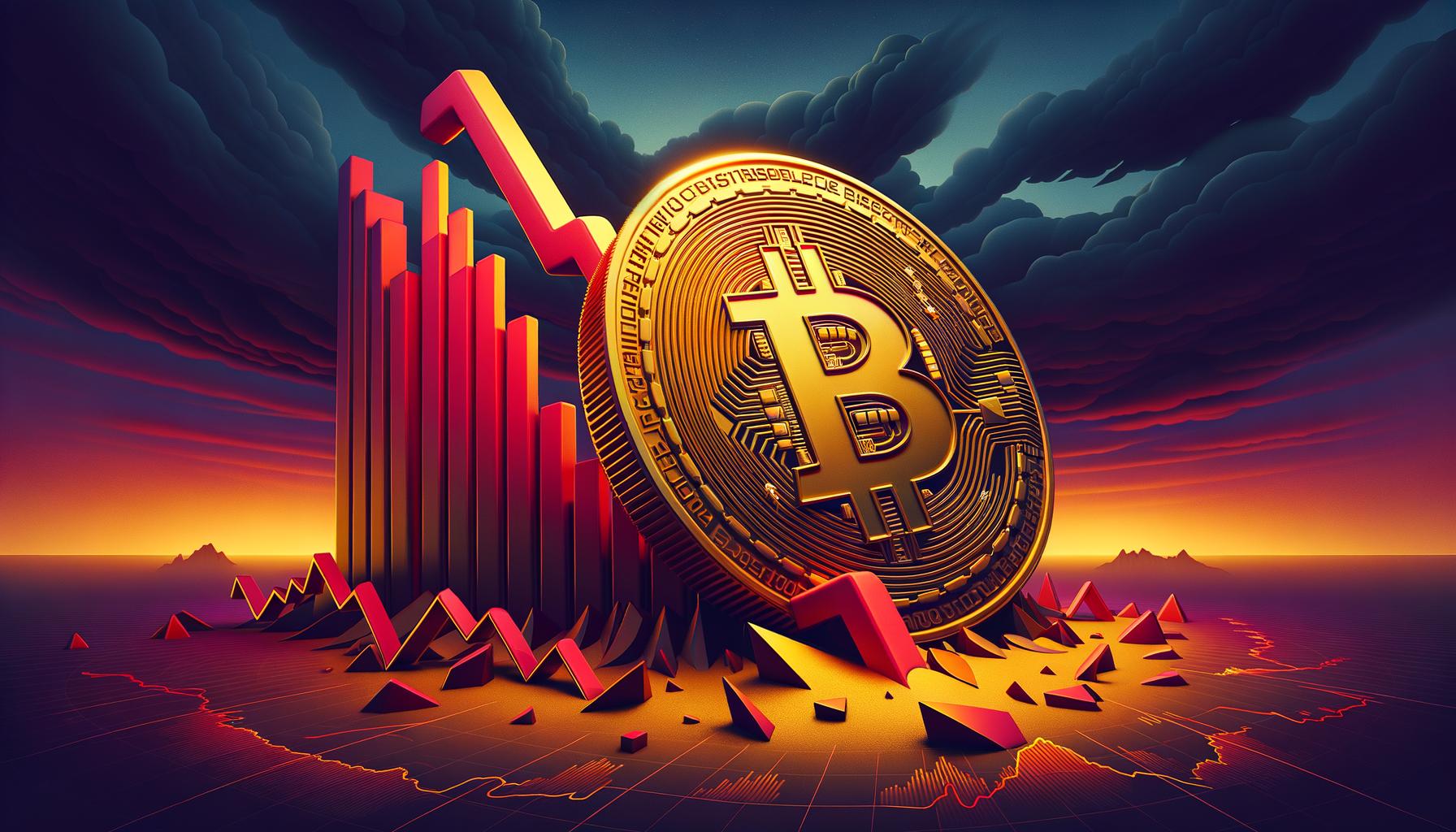
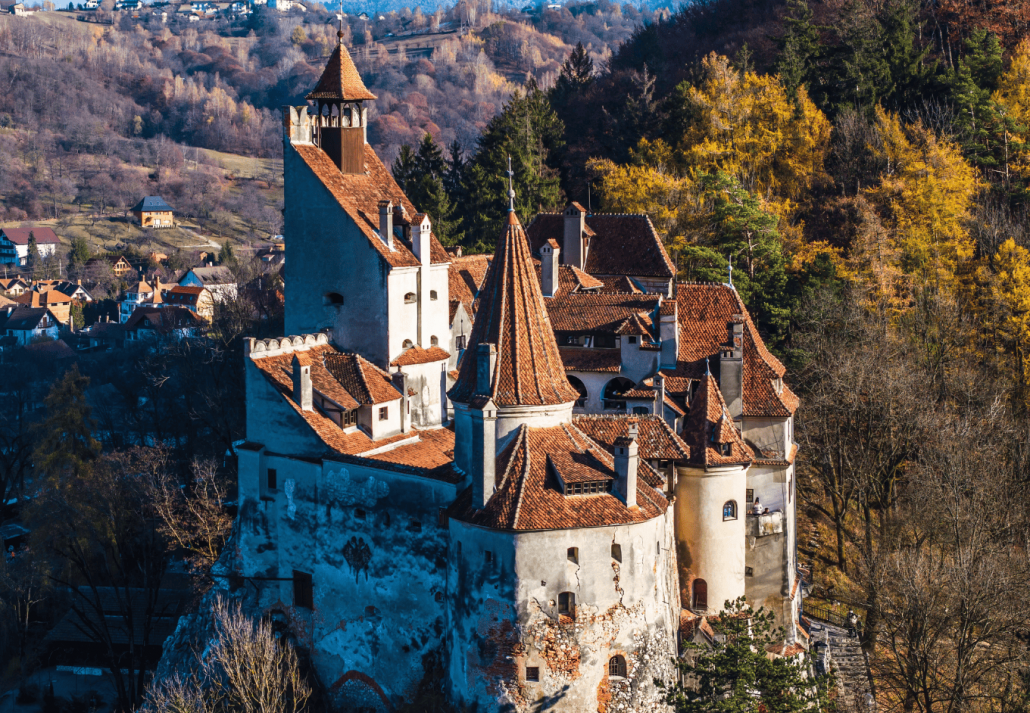

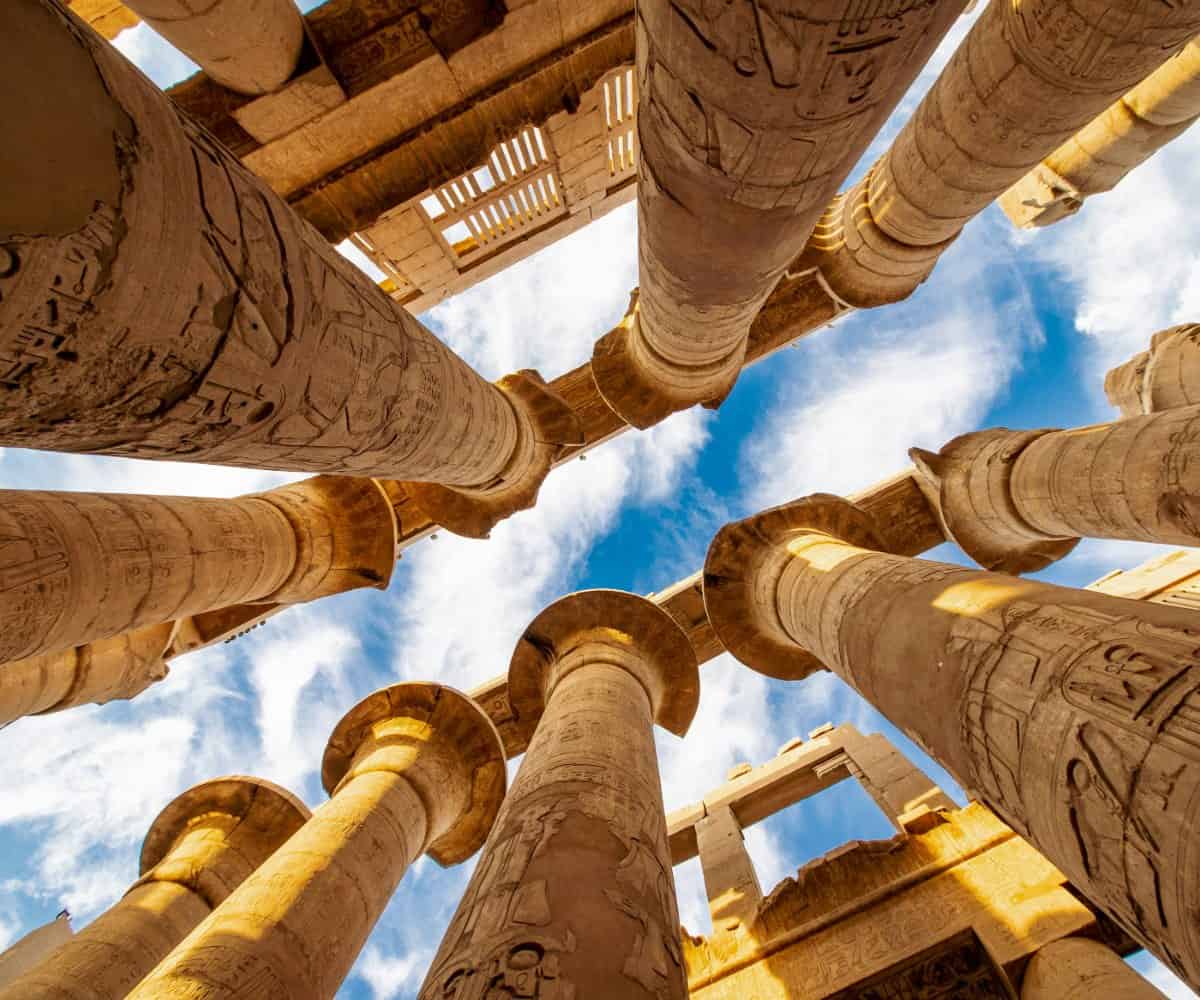


.png?trim=0,0,0,0&width=1200&height=800&crop=1200:800)


